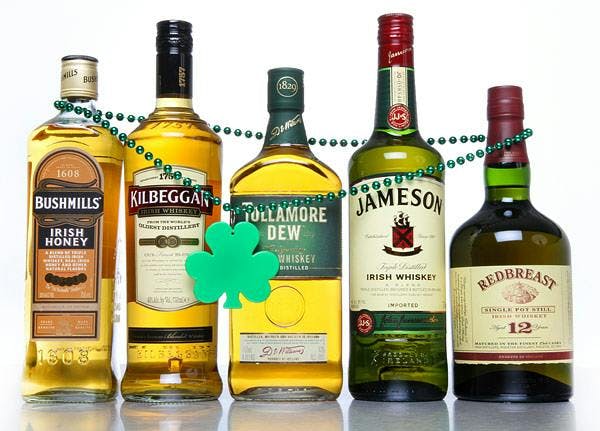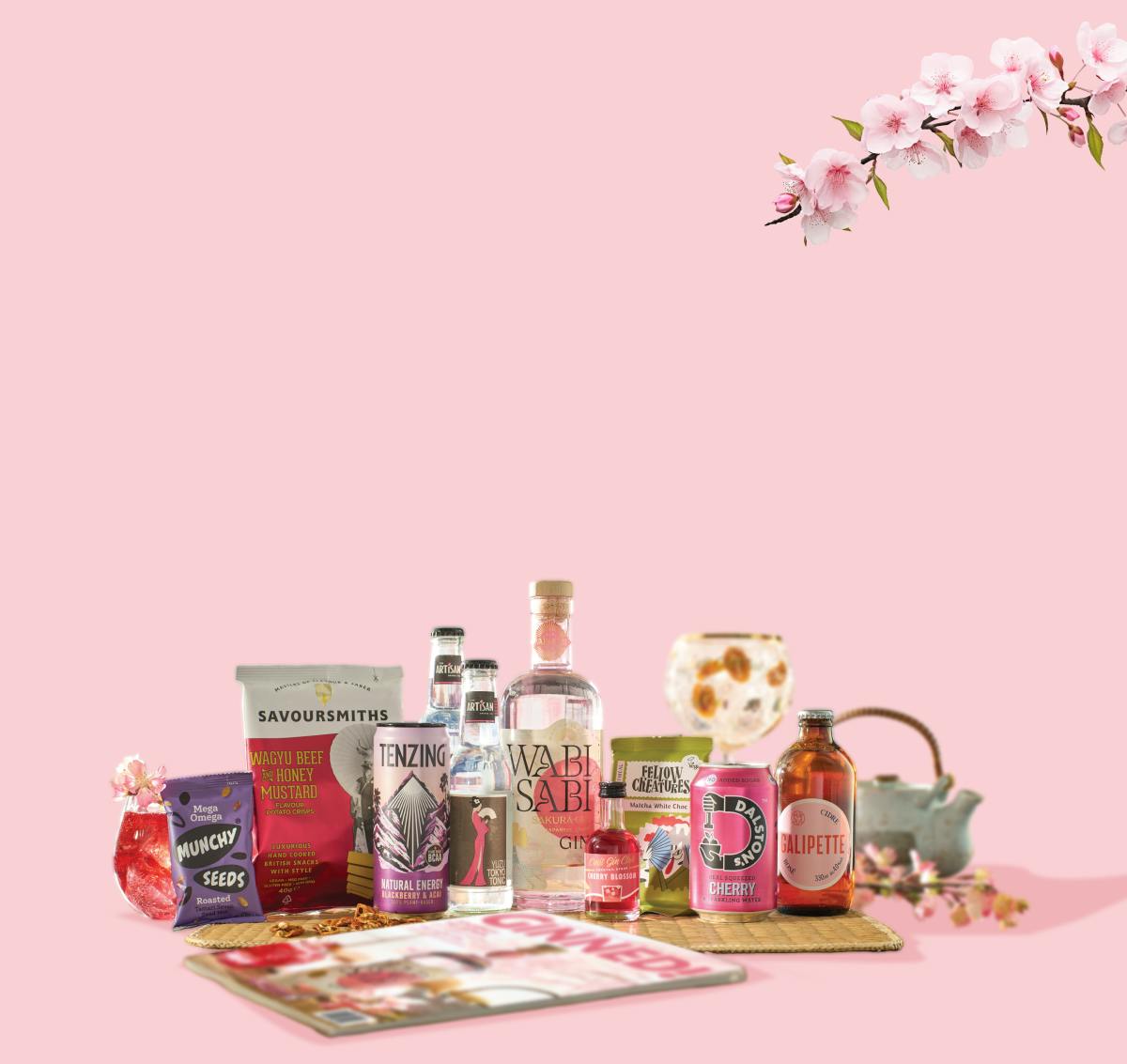
Heartbreaking facts about Irish whiskey that will make you root for its burgeoning craft distilling industry
Irish whiskey is making a comeback, particularly in the United States where its sales were up 23% in 2013. In recent decades, it has paled in comparison to its Scotch cousin. But this wasn't always the case. Here are some historical reasons - and several other fun facts - that Irish whiskey remains a somewhat marginal player in the global whisky market.
Keep these facts in mind. The craft distilling movement in Ireland is just beginning to take off and will likely have a significant effect on the market in years to come. For instance, our gin of the month, Blackwater Nº 5, comes from Blackwater Distillery, "Ireland's first craft whiskey and gin distillery." If the very positive response to its gin is any indicator, its whiskey has the chance to kick some more life into an Irish whiskey industry on the rebound.
- The Irish War of Independence from 1919 to 1921 had a huge impact on Irish Whiskey production. It began a long deterioration of the number of Irish whiskey distilleries which dropped to two by the 1970s. They made between 400k and 500k cases whereas at the beginning of the 20th Century Irish whiskey production was at 12 million cases.
- Irish whiskey is no competition for Scotch in terms of volume. Irish whiskey sold approximately 4.9 million cases worldwide in 2011 about the same as only one popular Scotch blended whisky brand, J&B. Scotch whisky exports in the same year surpassed 1.1 billion bottles.
- Neither can Irish whiskey compete with Scotch in terms of the number of distilleries. There are only 9 active whisky distilleries in Ireland as opposed to well over 100 in Scotland, seriously restricting the number of Irish whiskey brands
- Blended Irish whiskey is a mixture of two different distillation methods - columns still whiskies and pot still whiskies - and are primarily made from grain whiskey which is continuously distilled from unmalted grains.
- Ireland’s Old Bushmills Distillery is the world’s oldest functioning distillery whose operations date back to 1276 by some accounts. The Bushmills Old Distillery Company was established in 1784.
- The Irish version of the aged grain spirit is spelled with an “e” unlike its Scotch cousin.
- Ireland has two types of pot still whiskey styles; single malts, similar to Scotch which are made from malted barley; and single pot still whiskey which is distilled only in a pot still from a mixture of malted and unmalted barley.
- French drinks giant owns Irish Distillers, the parent company of three of the five major Irish whiskey brands: Jameson, Powers and Paddy. The other two major brands are Bushmills, owned by Jose Cuervo (until recently owned by Diageo), and Tullamore Dew, owned by Scotland’s largest independent distiller, William Grant & Sons.
- The worldwide recognized and popular Bailey’s Irish Cream whiskey did not come into existence until 1974. It was the first Irish cream to be commercialized.







